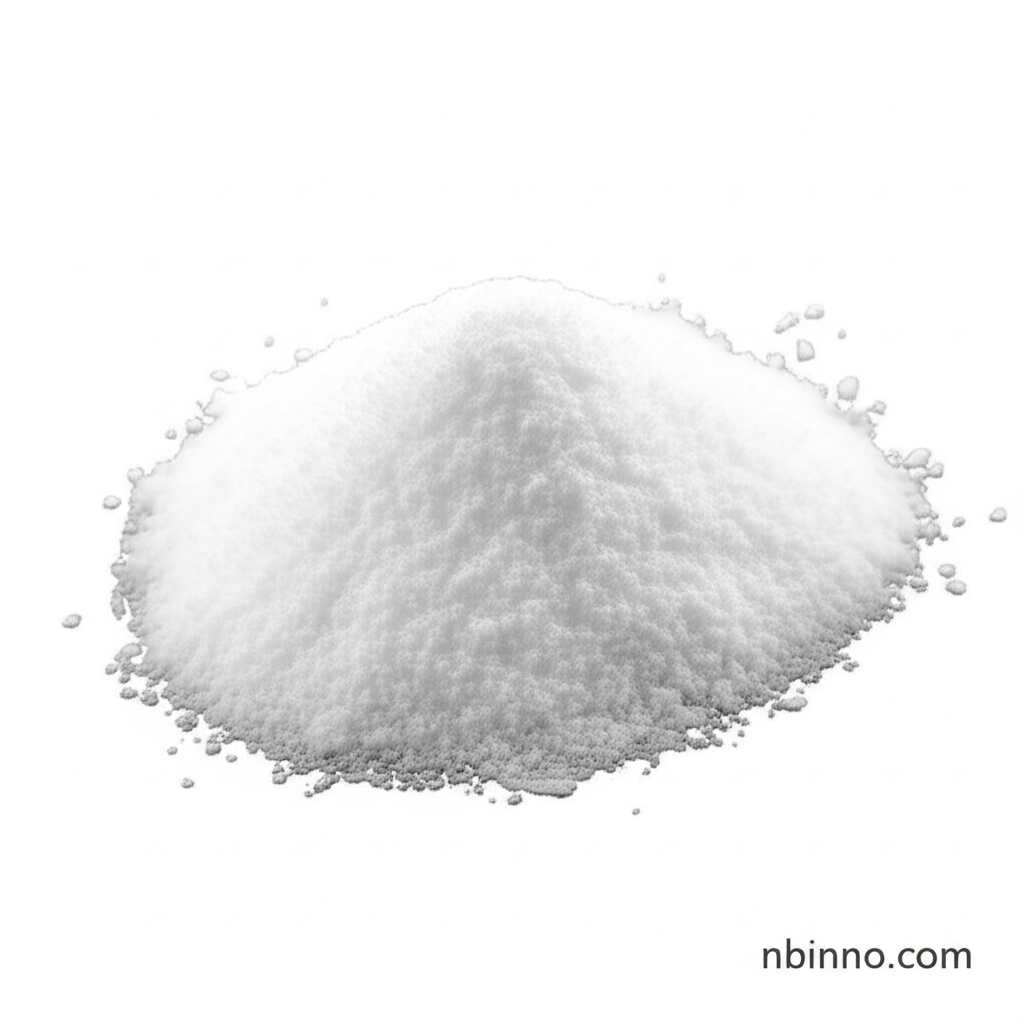Benserazide Hydrochloride: Enhancing Parkinson's Treatment and Neuropharmacology Research
Discover the critical role of high-purity Benserazide Hydrochloride in managing Parkinson's disease and advancing neuroscience studies.
Get a Quote & SampleProduct Core Value

Benserazide Hydrochloride
Benserazide Hydrochloride is a highly pure pharmaceutical chemical (assay 99%) renowned for its function as a peripheral decarboxylase inhibitor. It plays a pivotal role in improving the therapeutic outcomes for Parkinson's disease patients by significantly enhancing the bioavailability of levodopa, a key dopamine precursor. This compound is crucial for enabling more levodopa to reach the brain, thereby boosting its therapeutic effects while simultaneously mitigating common peripheral side effects associated with levodopa therapy, such as nausea and vomiting. Its precise action makes it an indispensable component in combination therapies for Parkinson's. Furthermore, Benserazide Hydrochloride serves as a vital tool in neuropharmacology research, allowing scientists to delve into the intricate mechanisms of neurotransmitter regulation and explore the effects of dopaminergic drugs.
- Benserazide hydrochloride for parkinson's treatment offers enhanced levodopa efficacy by preventing premature conversion in the periphery.
- As a critical peripheral decarboxylase inhibitor, it ensures a higher concentration of levodopa reaches the central nervous system.
- Its role as a levodopa bioavailability enhancer is vital for optimizing treatment strategies and improving patient quality of life.
- This compound is a key component for researchers in neuropharmacology research chemical applications, aiding studies on dopamine pathways.
Key Advantages
Enhanced Therapeutic Efficacy
By acting as a peripheral decarboxylase inhibitor, Benserazide Hydrochloride significantly improves the effectiveness of levodopa therapy for Parkinson's patients, ensuring more of the drug reaches the brain.
Reduced Side Effects
Utilizing this levodopa bioavailability enhancer helps minimize common peripheral adverse reactions associated with levodopa, such as nausea and vomiting, leading to better patient tolerance.
Crucial for Research
As a high-purity compound, it's an invaluable asset for researchers studying neurotransmitter regulation and dopaminergic systems, making it a sought-after neuropharmacology research chemical.
Key Applications
Parkinson's Disease Treatment
Benserazide hydrochloride is central to combination therapies for Parkinson's, working synergistically with levodopa to manage symptoms effectively.
Neuropharmacology Research
Researchers utilize this compound to investigate dopamine synthesis, neurotransmitter interactions, and the underlying mechanisms of neurological disorders.
Pharmaceutical Development
It plays a role in developing new drug formulations and understanding the pharmacokinetics of neurological medications.
Preclinical Studies
Used in animal models to study Parkinson's progression and evaluate novel therapeutic interventions and strategies.
